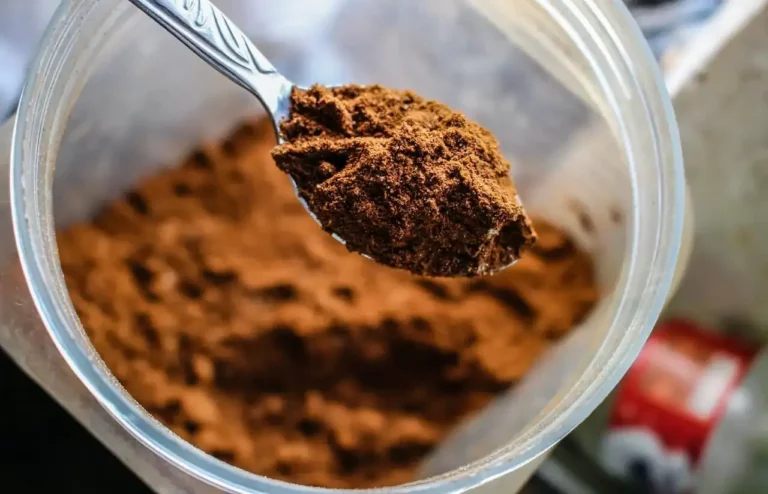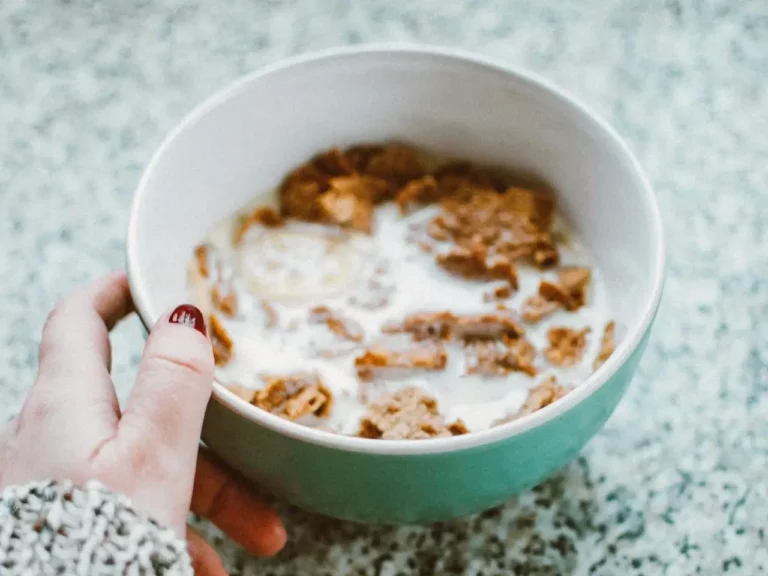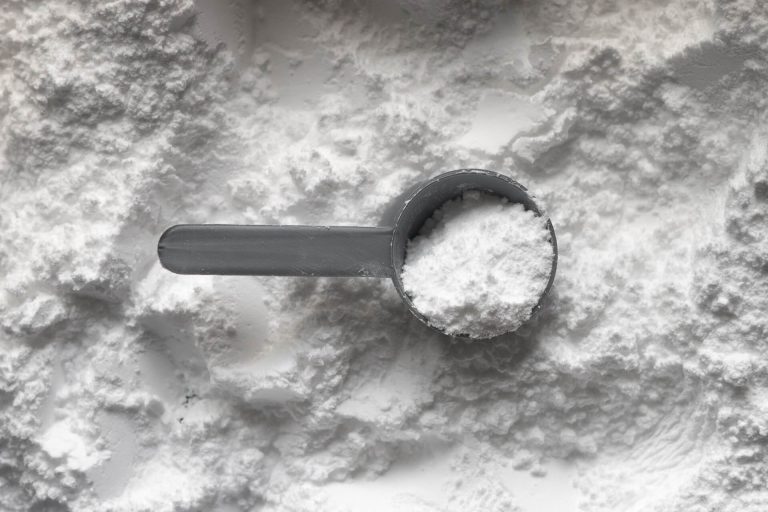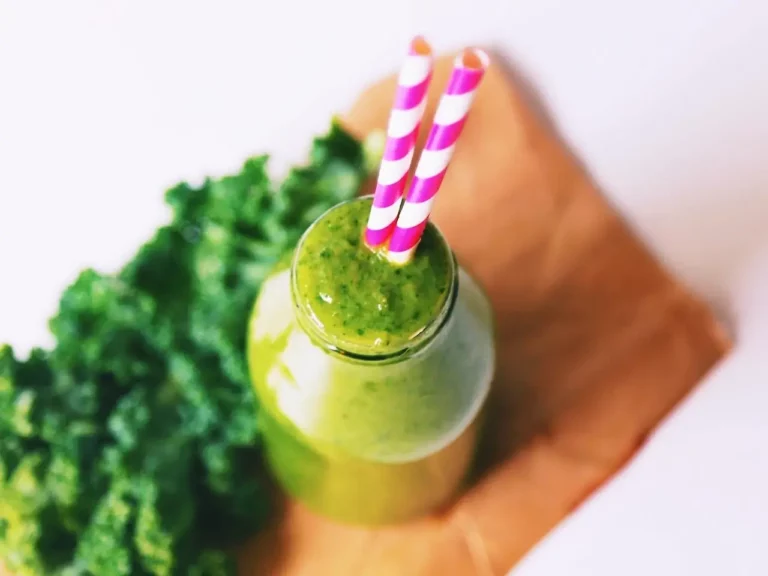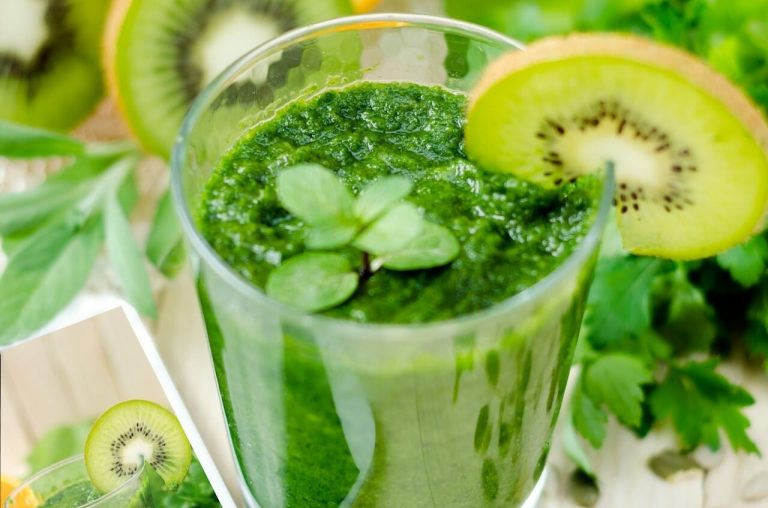Ideal Nutrition If You Want To Build Your Muscles
Ideal nutrition for muscle building is an essential part of your fitness journey. As you may probably know, if you want to build muscle proper nutrition is as important as your training.
This is actually a very broad subject. However, here is some key information that will help you get started.
Training and nutrition for muscle growth
When looking to improve your fitness performance and build your muscle size there are some crucial elements that need to be in place for success.
There are three essential components you have to keep in control if you want to build muscle:
- Training
- Nutrition
- Rest
How does training affect the muscles?
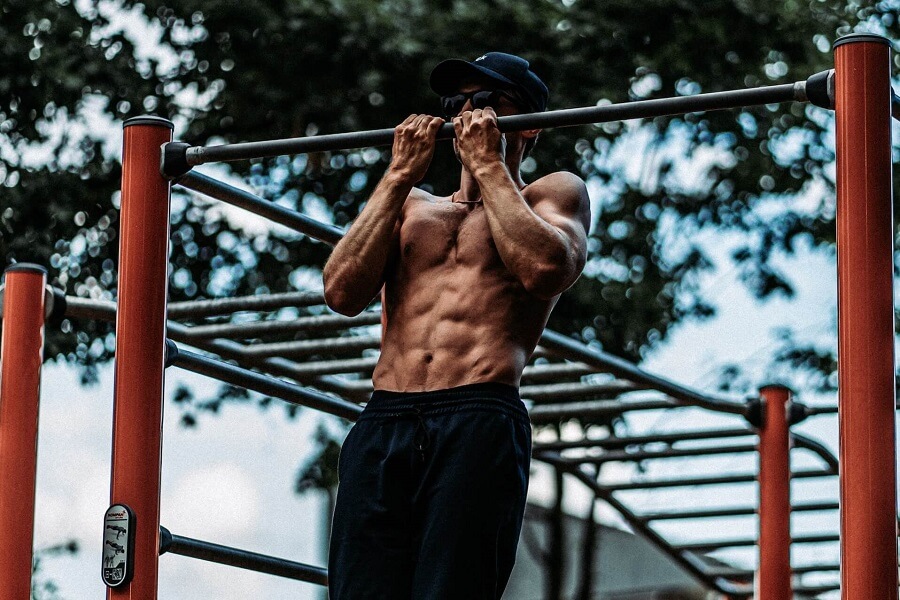
When you train you basically damage your muscle fiber. Your body then tries to rebuild your damaged muscle fibers while you rest.
By rebuilding your muscle fibers your muscles become stronger and larger. This is how you build your muscle mass.
How does nutrition help in building muscles?
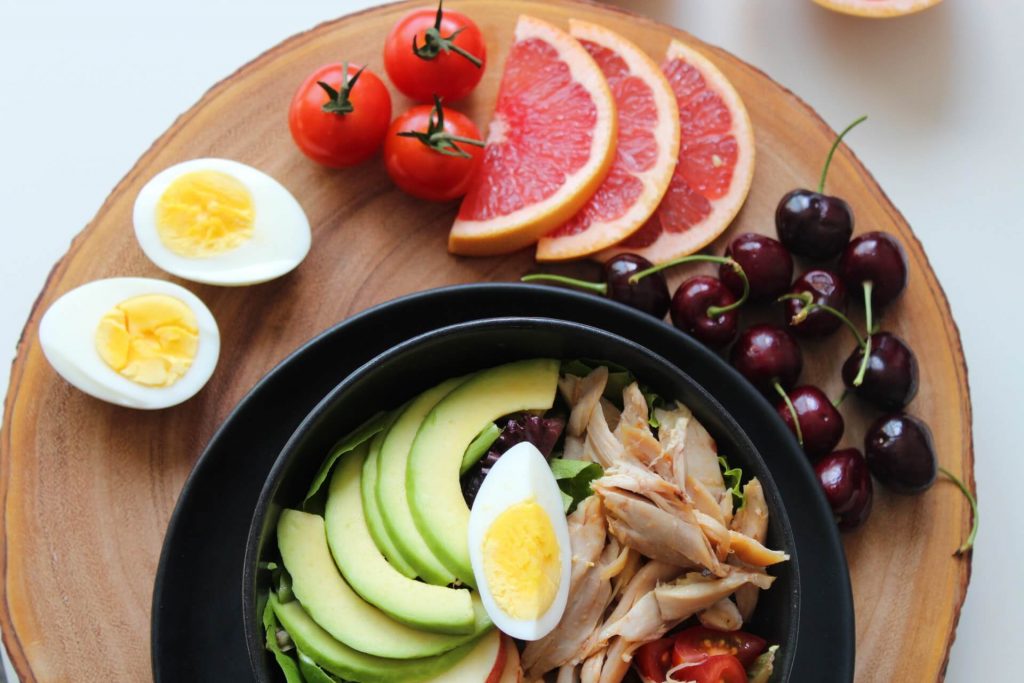
The next piece of the puzzle is nutrition and how nutrition affects your body.
To answer this question we have to go a little bit deeper into a rabbit hole.
One thing to consider is how much you have to eat.
Another is what you need to eat. Different types of food will be good for different purposes.
Ideal Nutrition: How Much Should You Eat?

When analyzing how much you have to eat it’s all about energy.
Your body functions in a way that it takes in energy in the form of food and drinks. And it spends energy when you move. It even spends energy when you sleep and don’t move at all.
Think about it as a system where energy flows in. This energy is then used for a normal body function. So, it’s an energy in and out system.
When you think about how much you should eat to gain muscle mass there are only three different possibilities:
- You can eat more than your body burns
- You can eat exactly what your body burns
- You can eat less than your body burns in a day
Caloric Surplus
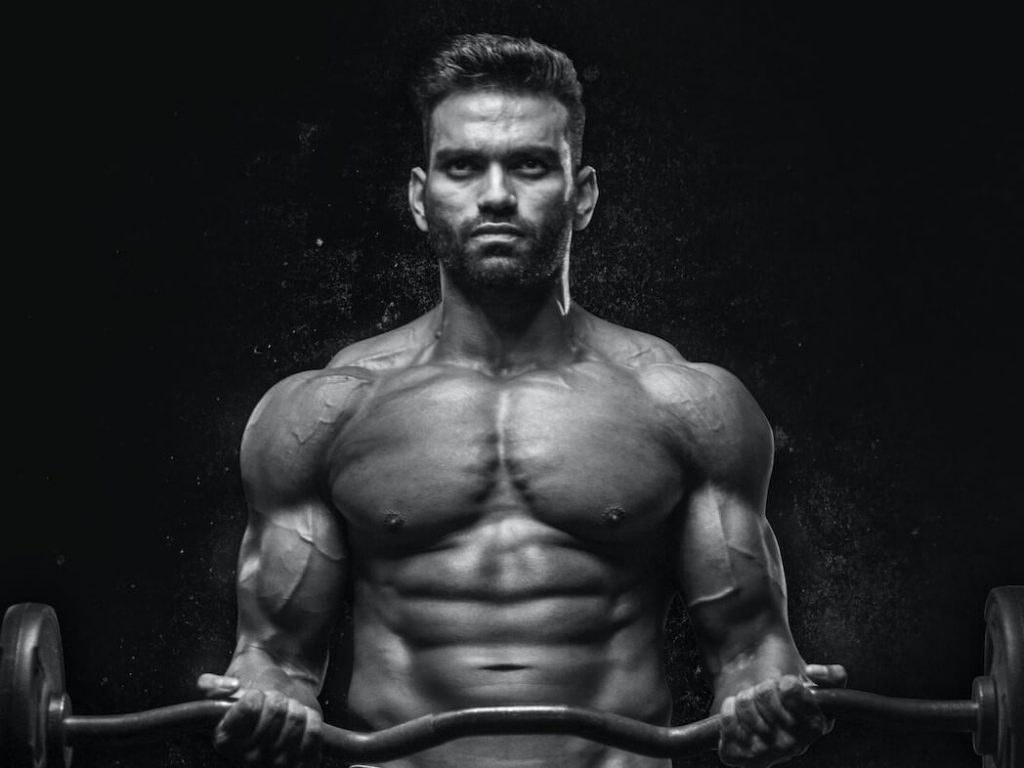
When you eat more than your body needs in a day it’s called caloric surplus. You are taking in more energy than your body spends in a day.
With this extra energy or calories you have taken in, the body can do different things. For example, your body can use it to rebuild and repair your body.
If it repairs your body, one of the things it can rebuild is your muscles. When you train, you basically damage your muscle fibers and your body wants to repair this damage when you rest.
The other option is to store this excess energy for future use in the form of fat.
So, when you are in a caloric surplus you will gain weight. This weight can be in extra fat or additional muscle mass.
You can’t order your body to use this extra energy only for muscle building. So it turns part of it into muscle and part of it into fat.
When you are on caloric surplus it’s otherwise known as bulking.
Caloric Deficit
The opposite option is when you eat less than your body spends in a day. This is called a caloric deficit.
When you are in a caloric deficit your body needs more energy than you are giving it. In this scenario, you will lose weight. This weight loss can be from lost fat or lost muscle mass.
Again, you can’t order your body to lose only fat and not to lose any muscle.
Being on caloric deficit is also called cutting in bodybuilding terms.
Maintenance
In this theoretical scenario, your body spends the same amount of energy as you are eating.
However, this is only theoretical. It’s very hard to know exactly how much energy you consume during the day and how much energy you spend during the day.
Even with the use of all available tools like fitness apps. They will track all your movements and your daily calorie intake.
However, those numbers are just approximations. They are not precise.
Even if you weigh every gram of food and wear a smartwatch all day long tracking your movements. It’s never 100% accurate.
These tools can help you monitor your progress, but on any given day you will actually always be in a caloric deficit or caloric surplus.
Ideal nutrition for muscle gain
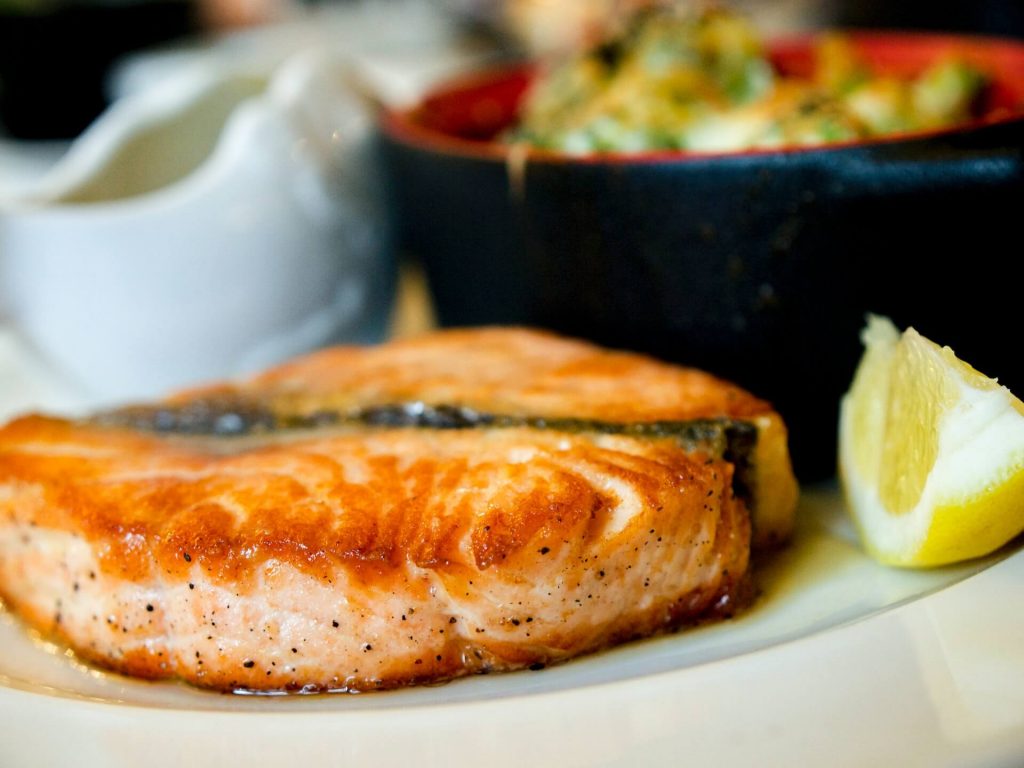
For gaining muscle it’s important to take in enough food. This means you would want to be in a caloric surplus.
When you are in caloric surplus it has to be in the range of 5-15% above your daily calorie needs.
Lean Bulk vs. Bear Mode
If you are eating 5-10% more than your body burns it’s called lean bulk. When you are at 10-15% or higher some people call it bear mode.
However, if you go above 15% you will gain unnecessary fat. You will then have to be in a caloric deficit to lose this excess fat.
Bodybuilders will use the bulking phase in which they will build their mass. They will build both muscle and fat.
Before they are going to compete they will drastically reduce their calorie intake. They will be in a caloric deficit to lose as much fat as quickly as possible. They will even reduce water intake.
This same principle is used by athletes performing in martial arts before weighing. They will reduce their weight as much as possible to be able to perform in the lower category.
After the weighing, they will again regain their mass to be strong enough to fight.
But Is This Healthy?
As you may have already guessed, this is not healthy.
For most of us who don’t want to compete in bodybuilding, it’s better to avoid extremes.
Lean bulking with a 5-10% caloric surplus will suffice for most people. It will help you build muscle, but not too much fat.
There is also evidence in scientific research that even competing bodybuilders should be in up to 15% caloric surplus in the bulking phase and down to 15% caloric deficit in the cutting pre-contest phase.
If you want your abs to pop out, you will then have an easier job reducing your fat. You can do this by entering a caloric deficit for a while.
Macronutrients and muscle-building
When you want to build your muscles, it’s not enough that you eat enough calories. The composition of those calories is very important too.
From the PubMed Central research, the ideal composition of macronutrients for building muscle is:
- 25 – 30% Protein
- 55 – 60% Carbohydrates
- 15 – 20% Fat
It’s important to take those calories from nutrient-rich foods as much as possible. Ideally, you would want each of your meals to be in the above-mentioned ranges. So, your breakfast, lunch, and dinner are well-balanced.
You will soon find it’s pretty hard to balance your macronutrients in each meal. This is why you want to track your macronutrients on a daily base instead of each meal.
If you struggle to get those macronutrients from food, then you will be forced to turn to supplements.
In my fitness journey, I often find it difficult to get enough protein from the food I eat. This is why I would drink protein supplements during my bulking phases.
Ideal nutrition is all about eating healthy
So far we were talking about energy and macronutrients. But how does it relate to the food you eat? Ideal nutrition for muscle building is not complete without food.
Everything you eat can be put in one of the macronutrient baskets. So your food can be categorized as:
- Protein
- Carbohydrate
- Fat
If you want to eat healthy you would want to take your foods from natural sources as much as it’s possible. It will also be great that your food comes as close to its source and with at least thermic processing as possible.
This means you would want to eat your food as naturally as it can be. If you think about fruit and vegetables, you would want them washed and eaten without cooking.
If you think about other side dishes like potatoes you will want to cook or grill it. However, avoid fried food.
You should cook or grill your meat to kill bacteria. Again, avoid fried meat.
To conclude, healthy foods have the shortest possible trip from the field or barn to your table. Your food will have at least possible treatment on this trip. Ideally, only wash it before eating.
Protein-rich food for muscle development
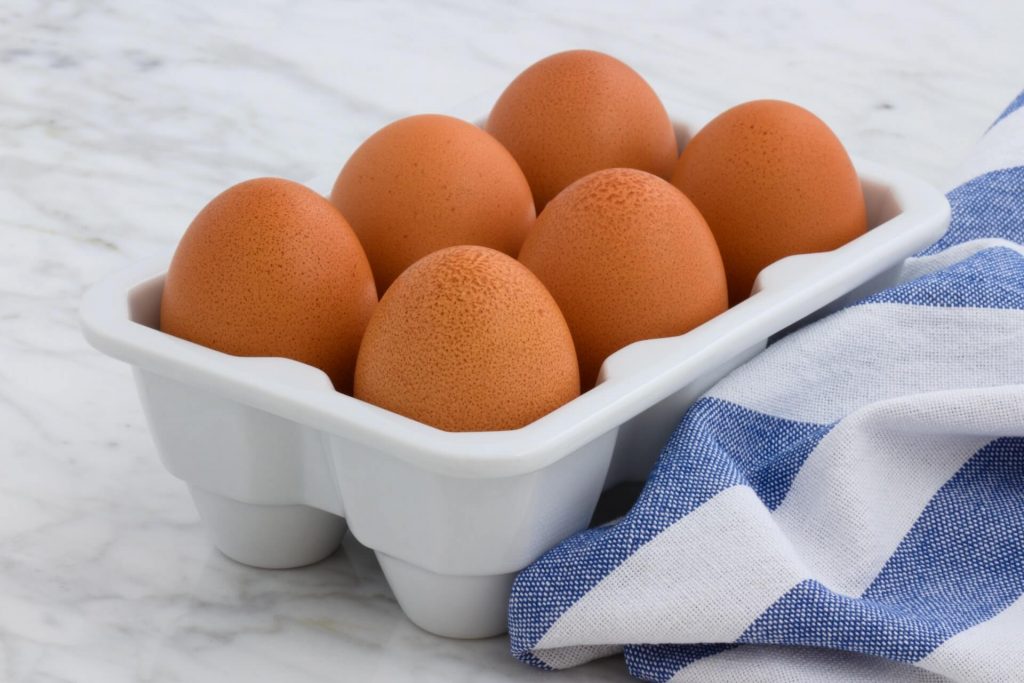
When food is digested, proteins are used to repair and rebuild tissues in our body. Protein-rich food is used by your body in a process called muscle protein synthesis.
During this process, your body breaks proteins you ate and uses them to rebuild your damaged muscles.
By rebuilding damaged muscles your body will always strive to rebuild those muscles a little bigger. So, your rebuilt muscles can endure more load next time you train.
Each gram of protein you eat turns into 4 calories of energy.
Here are foods that are primary sources of protein:
- Poultry – chicken, turkey, duck
- Red meat – beef, pork, lamb
- Seafood – fish, shrimp, shellfish
- Dairy products – Greek yogurt, cottage cheese
- Eggs
- Soy products – tofu, tempeh
Carbohydrates for energy
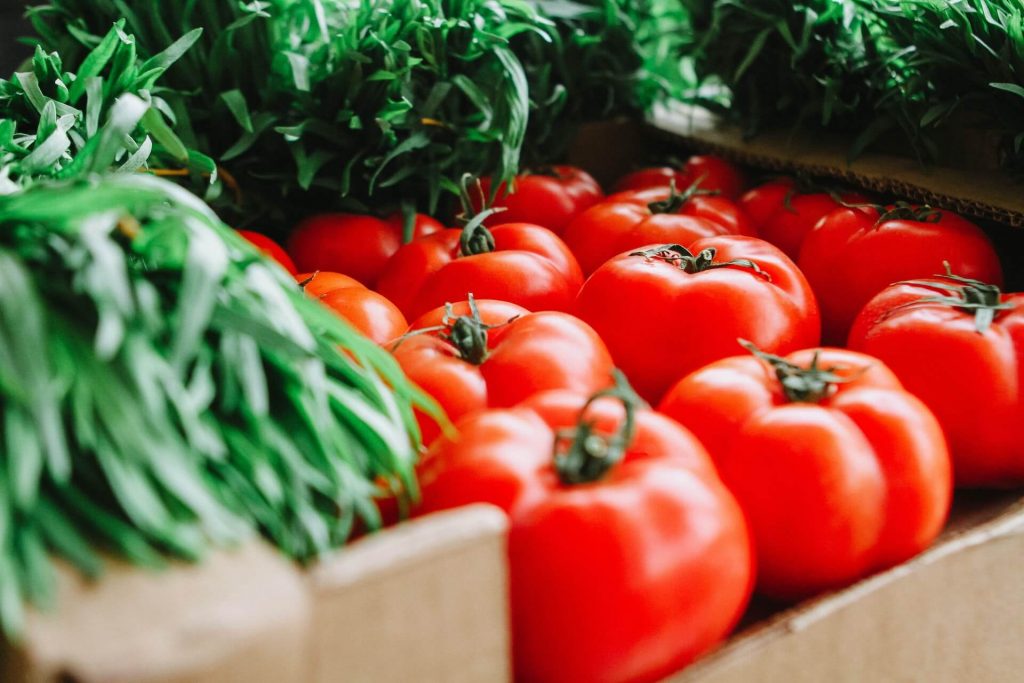
Carbohydrates are essential for giving you enough energy to work out. Without eating enough carbs you will feel weak and energy deprived.
This is why eating enough carbohydrates during the day is very important. It’s important both for your gym performance and for your overall health. I always struggled with eating enough fruits and vegetables. To solve this problem, I started introducing green drinks as something I drink between lunch and dinner, or after dinner.
Each gram of carbohydrate you eat turns into 4 calories of energy.
Here are foods that are primary sources of carbohydrates:
- Vegetables – spinach, tomato, carrot, cauliflower
- Fruits – banana, strawberry, apple
- Whole grains – barley, brown rice, oatmeal
- Beans and legumes – beans, lentils
- Dairy products – milk, yogurt
Fat to protect
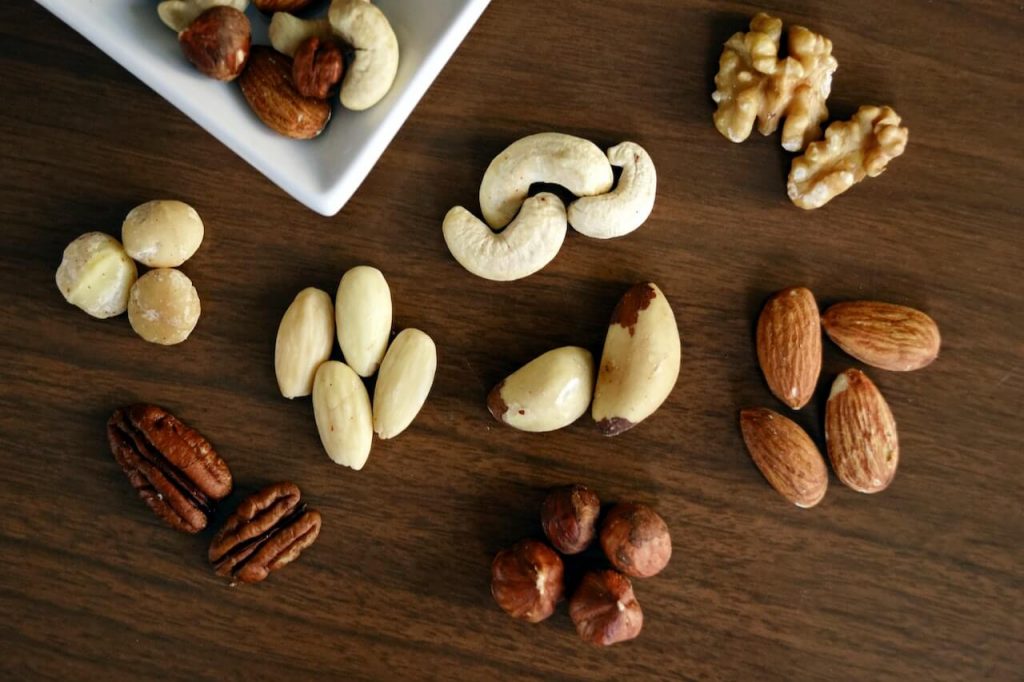
First of all, let’s debunk all the fat is bad nonsense. Fat is really important in our body. It’s a necessary part of the ideal nutrition formula for muscle building.
It insulates our organs and makes our cells membranes. Fat stores energy in case we need it when we can’t get it from food. It also protects us from the cold.
We must eat fat and fat is also an integral part of already mentioned foods that are primary sources of protein and carbohydrates. So, we are eating it anyway.
Healthy Fats
There are some healthy sources of fats we should really concentrate on eating. Those are fats from fish that are high in omega-3 and omega-6 fats. You should also eat nuts and seeds which are also great sources of healthy fats.
Each gram of fat you eat turns into 9 calories of energy.
You should in most cases avoid low-fat products. By this I mean products that are advertised on the label as low-fat. They are usually of really bad quality and high in artificial ingredients.
Before getting any packed food the best advice that I can give you is RTFL. RTFL – Read The Freakin’ Label.
Think about looking at the front of the product package as a commercial. While reading it’s back as a reality check.
Here are foods that are primary sources of fat:
- Nuts – almond, cashews, brazil nuts
- Seeds – chia, flux, hemp
- Fatty fish – salmon
- Oils – extra virgin olive oil, avocado oil, walnut oil
- Dairy products – whole milk, fat yogurt, cheese
Macronutrient takeaways
When food is digested it’s used for different purposes depending on the macronutrients.
- Carbs are giving us the necessary energy to function.
- Proteins repair and rebuild various tissues in our body including our muscles.
- Fats protect our organs and are a building part of our cell membranes.
So, all macronutrients are essential for our body to function correctly.
Ideal Nutrition: Key Takeaways
When you think about ideal nutrition for muscle building you should never lose sight of the big picture.
Everything you are doing should be done in a way to improve your health. If it doesn’t you are doing yourself a disservice.
Ideal nutrition for building your muscle is a nutrition that will help in your recovery after training.
During a workout, you damage your muscle fibers. Proteins you get from your daily food intake will repair your damaged muscles building them stronger and larger in time.
To build your muscle you should strive to eat your food with the following macronutrient proportions:
- 25 – 30% Protein
- 55 – 60% Carbohydrates
- 15 – 20% Fat
The food you eat should come from natural sources if possible. The shortest the path from the field or barn to the table the better. The less your food is prepared on its way to your table the better.
This is the formula for ideal nutrition if you want to build muscle.


